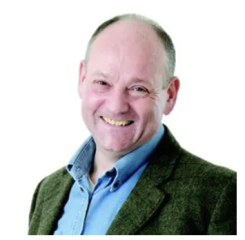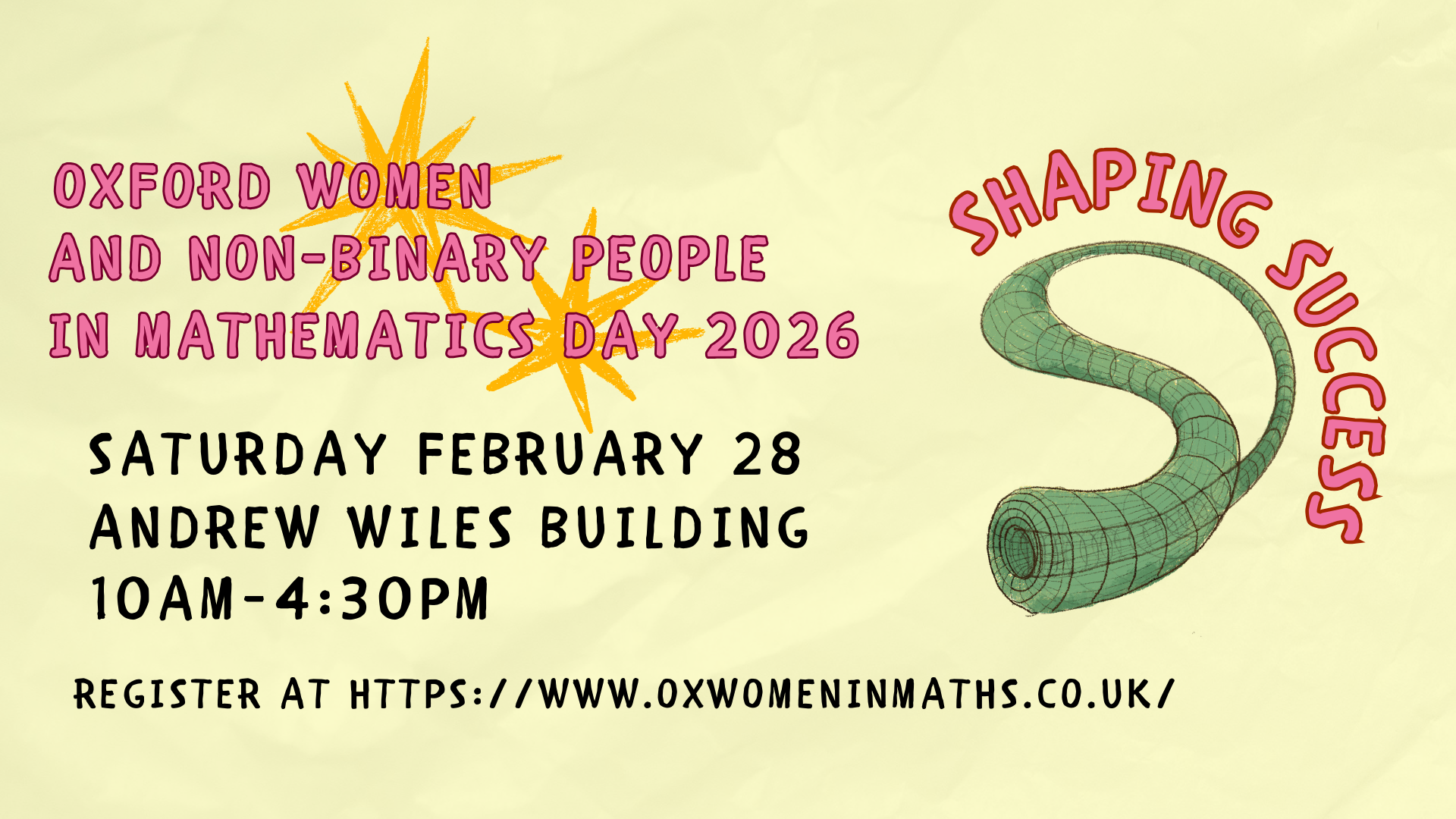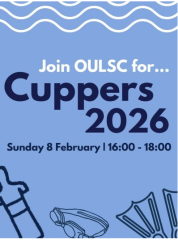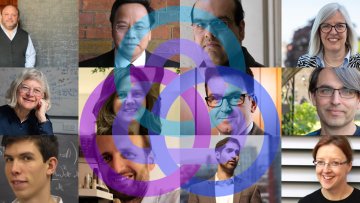A fully-funded PhD position is available within the Department of Mathematical Sciences at the University of Liverpool, starting in September 2026. Applications are welcome from all areas of mathematics, and they particularly encourage applications from those interested in probability.
The application deadline is February 15, 2026.
Infectious disease outbreak controllability: biological, social and public health factors
Thompson, R
Bansal, S
Clapham, H
Dyson, L
Gutierrez, M
Hadley, L
Hart, W
Heesterbeek, H
Hollingsworth, T
House, T
Howerton, E
Isham, V
Lessler, J
Leung, K
Li, X
McBryde, E
McCaw, J
Mollison, D
Pan-Ngum, W
Parag, K
Pellis, L
Scarabel, F
Swallow, B
Thumbi, S
Tran-Kiem, C
Viboud, C
Plank, M
Proceedings of the Royal Society B
volume 293
issue 2063
20252848
(28 Jan 2026)


 Oxford Mathematics Public Lecture: Thursday 12 February 2026,
Oxford Mathematics Public Lecture: Thursday 12 February 2026, 
 Join Oxford University Lifesaving Club at the Rosenblatt Pool, Iffley Road Sports Centre, for LIFESAVING CUPPERS on Sunday 8th February, 4-6 pm. Compete for your college or for the department.
Join Oxford University Lifesaving Club at the Rosenblatt Pool, Iffley Road Sports Centre, for LIFESAVING CUPPERS on Sunday 8th February, 4-6 pm. Compete for your college or for the department.